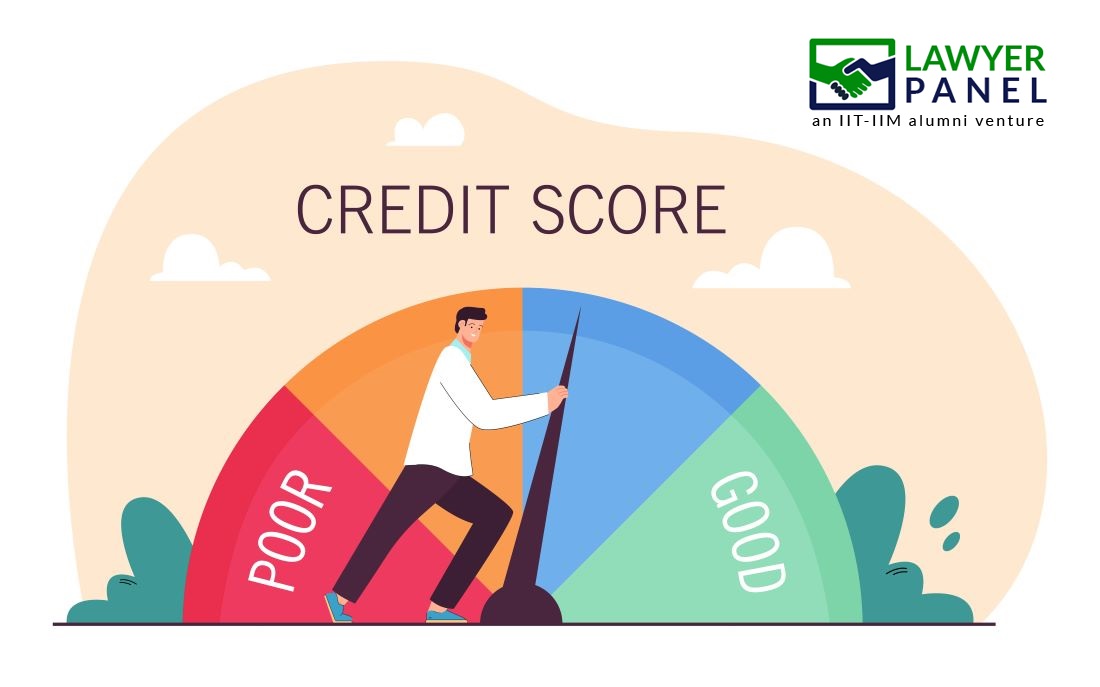Credit Score · 4 min read
Credit Score: The three-digit judge
A credit score is a three-digit number used by banks, NBFCs, and lenders to assess whether a person is eligible for a loan or line of credit. It was Bill Fair and Earl Isaac who founded Fair, Isaac, and Company in 1956, creating a standardized credit scoring system. It represents the level of credit risk a person poses. Despite its significance, many people have limited understanding of what a credit score is and how it fluctuates. Every individual is assigned a personal credit score, even within a marriage, indicating the risk associated with providing them a loan or line of credit. Credit scores typically range from 300 to 900, with higher scores indicating lower interest rates on repayments.

Importance of Credit scores
Individuals with higher credit scores receive more favorable loan or credit card terms, including lower interest rates and smaller repayment amounts.
Loan Approval: A high credit score significantly increases the chances of loan approval. Lenders are more inclined to offer loans, mortgages, or lines of credit to individuals with a good credit history.
Interest Rates: A good credit score often translates to lower interest rates on loans and credit cards.
Employment Opportunities: Some employers conduct credit checks as part of the hiring process, especially for positions involving financial responsibilities.
Negotiating Power: A strong credit score provides leverage when negotiating with lenders or creditors. Individuals with good credit may have the ability to negotiate lower interest rates, fees, or better terms on loans and credit cards.
Factors Influencing Credit Scores
Various factors impact credit scores, including:
Multiple Lines of Credit: Opening numerous lines of credit in a short period can pose risks for those with limited credit history.
Credit History: This major factor reflects a person’s credit usage across various types of loans and their repayment reliability.
Credit Types: This reflects the variety of credit a person has availed over time, distinguishing between responsible and irresponsible spending habits.
Credit Owed: This indicates the amount owed to banks or NBFCs, showcasing a person’s debt management skills.
Checking Credit Score
Four companies approved by the Reserve Bank of India for credit score checking include CIBIL, Experian, Equifax, and High Mark.
CIBIL: The Credit Information Bureau of India Limited, score ranges from 300 to 900. It is the first and most popular company to offer credit information in India to individuals and to other companies.
Experian: It is a multinational company that began its operations in 2006 and entered the Indian market in 2010, and its credit score ranges from 300 to 900 for Indian customers. It offers multiple facilities, such as portfolio and fraud management.
Equifax: It is an American multinational company that started its operations in India in 2010. It is thought to be better than C.I.B.I.L as it offers a pictorial representation of a credit report, which some consumers understand better than a numerical representation.
High Mark: The Centre for Research in International Finance High Mark is a credit bureau whose credit score ranges from 300 to 900. It is represented in a numerical form and is used for personal credit scores as well as the credit scores of businesses and corporations.
Improving Credit Score
Timely payments, closing unused credit lines, correcting errors in credit reports, and responsibly increasing credit limits can help improve credit scores.
On time payments: A good payment history of 6 months is required to show a significant difference in a person’s credit history.
Closing a credit line: If a line of credit is unused, it is better to stop using it rather than closing the aforementioned line.
Correction of credit report errors: A person should check their credit report monthly and monitor it closely to correct any discrepancies in it.
Increase in a line of credit: If a person has a good repayment history, then they can apply for a limit increase from their respective banks, but they should be mindful not to spend it all and to pay back the amount spent.
Conclusion
A credit score serves as a three-digit judge, influencing loan approvals, interest rates, and overall financial opportunities. With factors such as credit history, types of credit, and debt owed playing pivotal roles, individuals must actively manage their credit profiles to ensure favorable outcomes.
Moreover, the significance of a good credit score cannot be overstated. It not only opens doors to better loan terms but also contributes to a stable financial future. By adhering to responsible financial practices, such as timely payments, prudent credit usage, and regular monitoring of credit reports, individuals can enhance their creditworthiness and secure better financial prospects.
Contact us today at https://www.lawyerpanel.org/and take the first step towards financial recovery.



